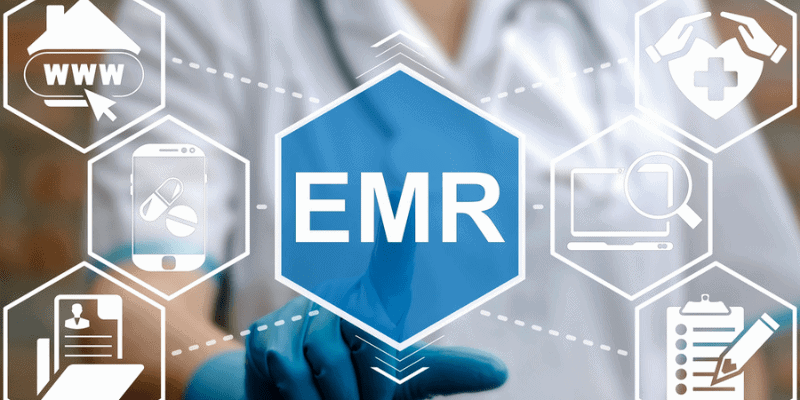
Impact of AI on Medical Billing and Coding
By Healthcare Tech Outlook
For virtually all of the significant health IT vendors, using AI to understand a customer’s behaviors, predict their expectations, and show the correct data at the right time is a top priority.
FREMONT, CA: For several, it is hard to envision the future of Revenue Cycle Management (RCM) in the Artificial Intelligence (AI) era. How does this technology accelerate the business cycle and affect healthcare back-office day-to-day work? It is unknown when AI will be the industry norm at this stage, but there is some speculation about potential advantages that AI can soon bring.
AI Will Simplify Workflows for Medical Billing
Deep learning of the users’ interaction with Electronic Health Record (HER) and billing applications may have the most critical effect on a medical biller’s everyday life. For virtually all of the significant health IT vendors, using AI to understand a customer’s behaviors, predict their expectations, and show the correct data at the right time is a top priority. The ability to retrieve and manipulate information instantly has the power to significantly minimize labor spent on manual billing activities and allow workers to make smarter choices about the next steps to overcome denials.
Enhanced Medical Coding Precision
Its capacity to analyze text and the spoken word would be a core feature of AI. For procedures and diagnosis, systems can learn the language and assign specific codes. After code set updates, this functionality will have a profound effect to ensure the correct codes are used and paperwork is compliant, reducing the change that arises with updates to coding. If AI had been included, think how much simpler the transition from ICD-9 (International Classification of Diseases, Ninth Revision) to ICD-10 (Tenth Revision) would have been.
Immediate Pre-Authorizations
Its capacity to draw assumptions and forecasts will be one of the most critical facets of AI. It can take hours now, or even days, to get a payer’s pre-authorization. Future systems will interpret clinical data from a patient and assess the medical need of treatment within a few seconds. The good news for medical billers is that an automated mechanism will verify that authorization has been received and its related data collected, significantly minimizing (or eliminating) pre-authorization denials due to the absence of an authorization number.
Clinical Data
Related Posts
What are the benefits of behavioral and mental health billing services?
Our billing solutions experts can help you if you seek assistance for your...
Top 10 advantages of outsourcing your behavioral health billing
Why Outsourcing Your Behavioral Health Billing Is Beneficial Healthcare...
Impact of AI on Medical Billing and Coding
By Healthcare Tech Outlook For virtually all of the significant health IT...
What is an EMR system? What are the types, benefits, and features of an EMR system?
Electronic medical records Electronic Medical Records (EMR) stores and...



